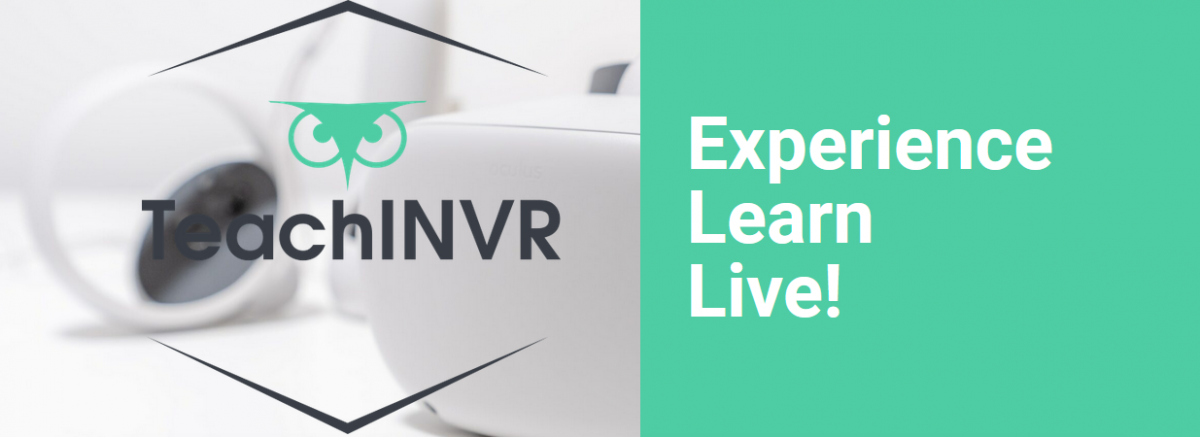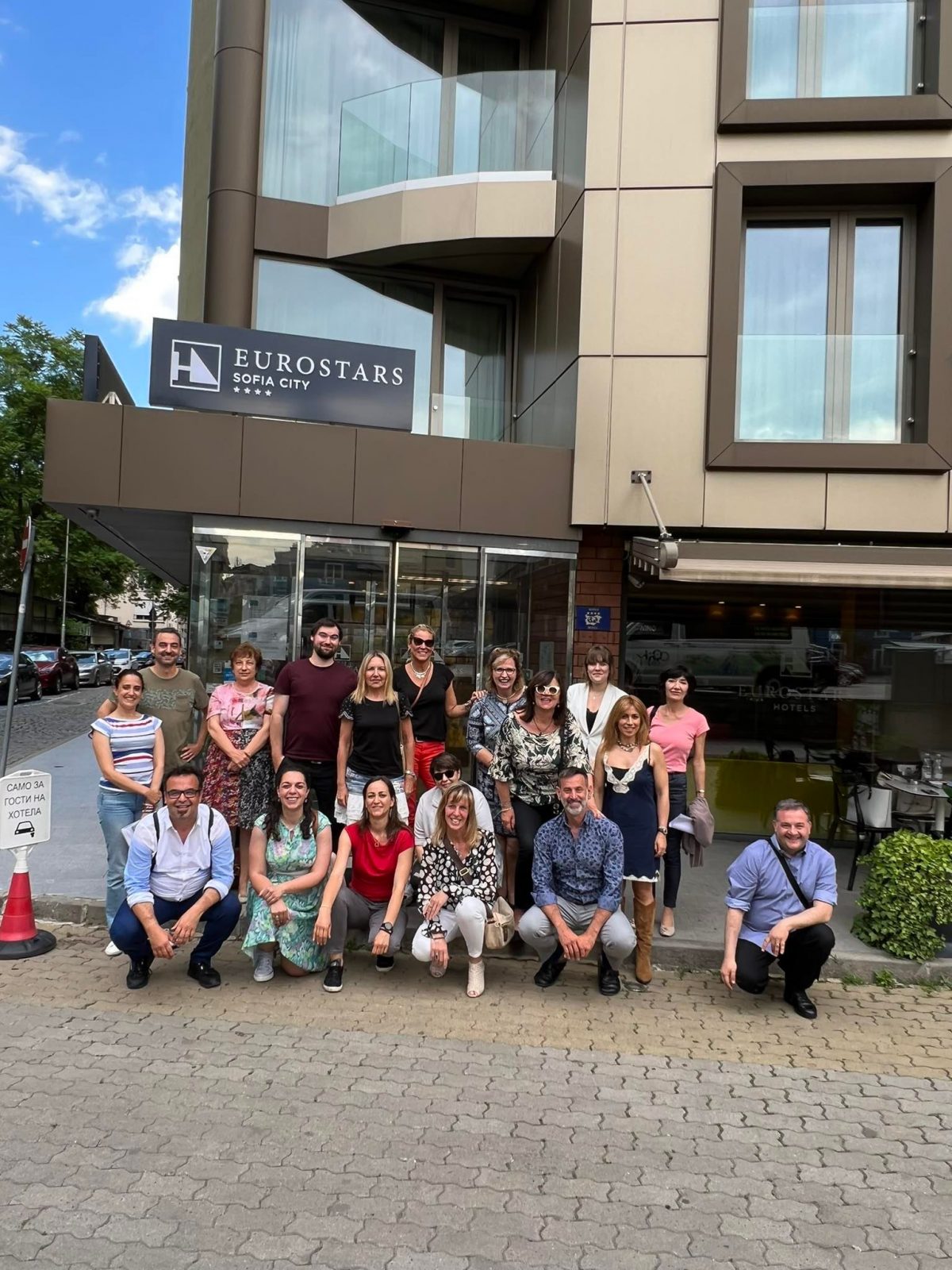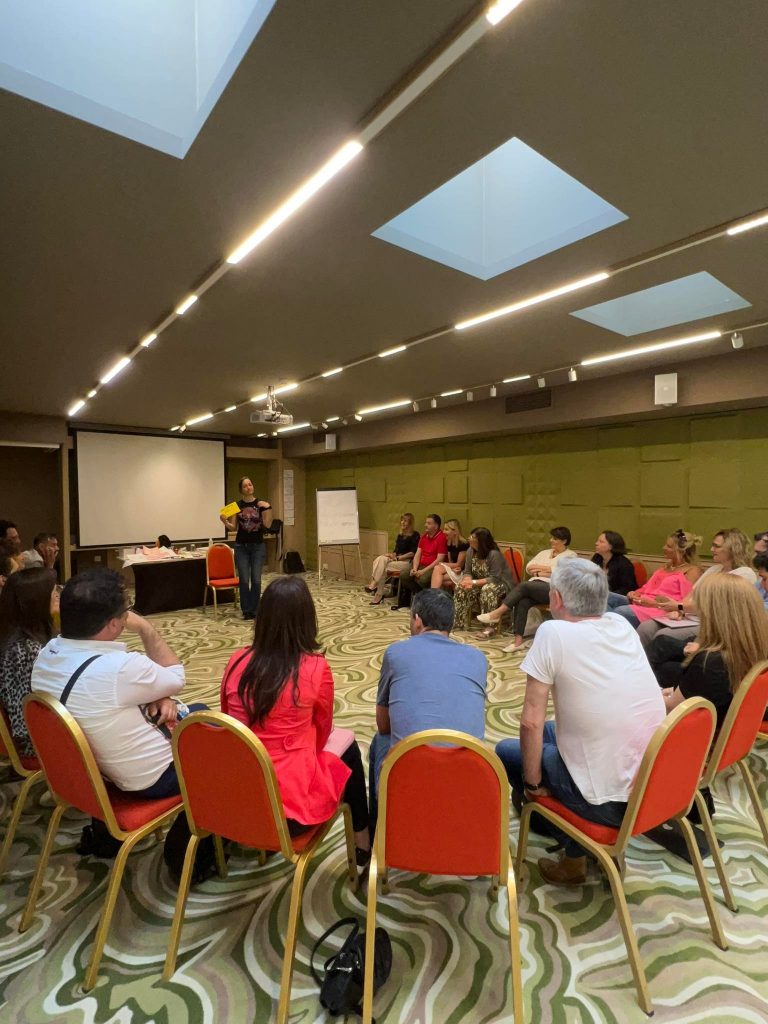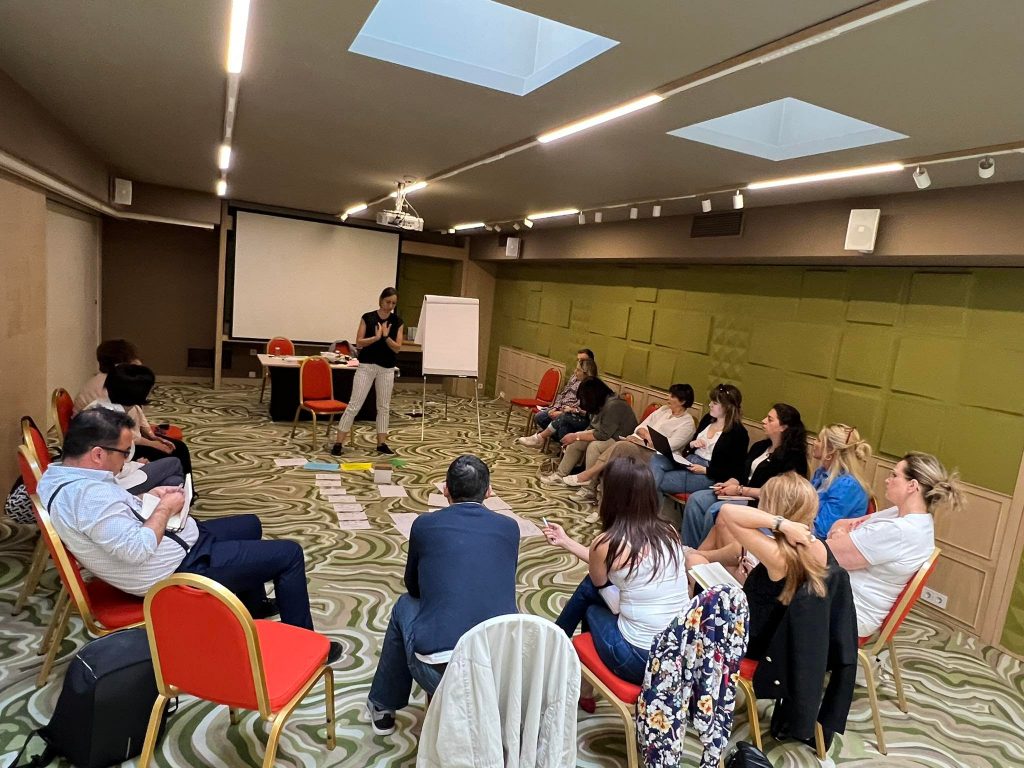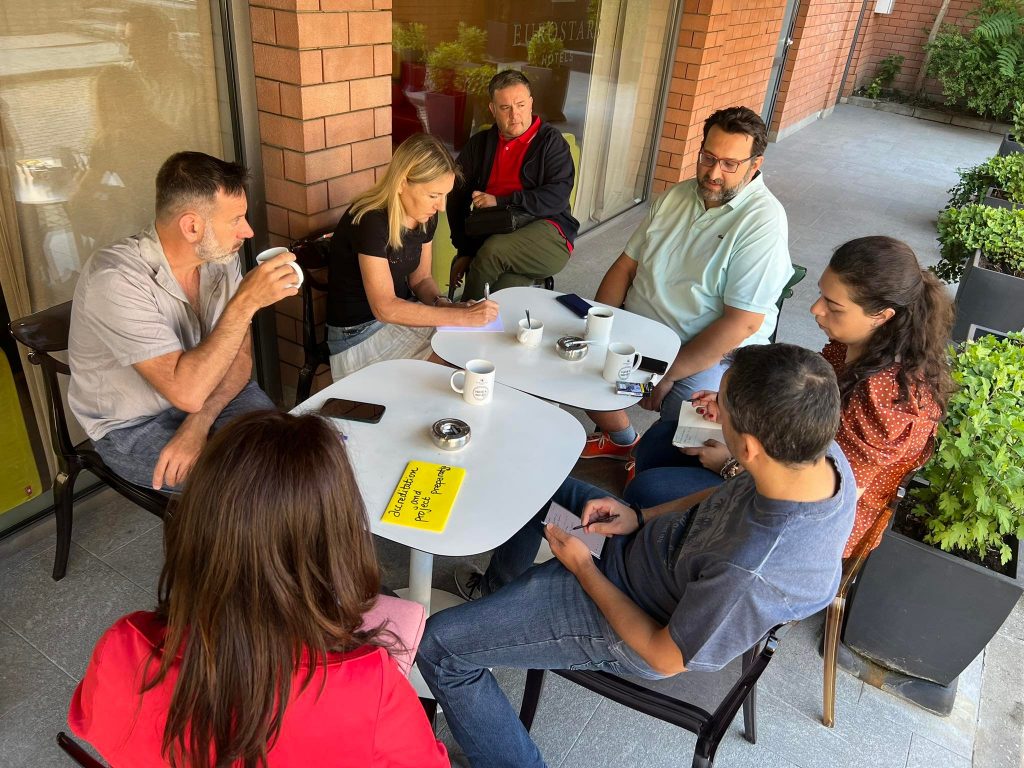How to use Virtual Reality for VET? The Erasmus+ project TeachINVR will develop a combination of methodology, guide, and “to-do” lists that will include all the necessary information about using VR for teaching and learning as a (VET) teacher or trainer. ENNE partner Wisamar is one of the project partners.
The motivation
The Covid-19 Pandemic has severely impacted education due to the lack of digital competencies of the teachers and trainers. However, the situation provides an excellent opportunity for digitalization and new knowledge as well as capacity building for all VET stakeholders, including learners, providers, teachers, and policymakers.
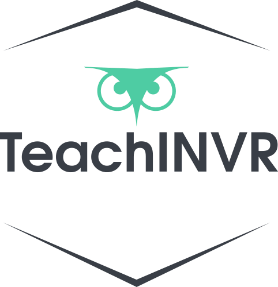
The problem
VET educators, teachers and trainers still face obstacles of the new methods of teaching online and the use of thousands of available tools.
Knowledge gaps in the VET community are substantial and the gap is affecting the learning community as a whole.
The solution
A platform where VET teachers, trainers and educators can find effective tools and where they can exchange knowledge and good practices with peers.
The Objectives of TeachINVR
The project aims to …
- Modernization and Innovation of VET education
- Acquisition of new digital competences
- Use of Virtual Reality in VET education
- Teach the VET educators how to use VR
- Provide access to tools and methodologies
The expected results of TeachINVR
- Innovative VR training/learning methodology for teachers and trainers. An on-boarding material in form of a pdf containing necessary knowledge about the technology itself and the methodology for educators to use it.
- A manual for design, implementation and evaluation of VR in classes. The manual is the application of the methodology into an actual training manual addressed both to educators.
- A VR experience for educators which will provide hands-on training in a simulator aimed. The contents of the VR course will be a practical application of the Methodology and the Manual.
- A guide for teachers which they could use in case they do not have time to go through the materials (Methodology and Manual). It is a sort of a checklist or a To-do list for educators. The guide links back to the previous materials pointing to the chapters where educators can find more detailed information.
For more information see https://teachinvr.eu/
